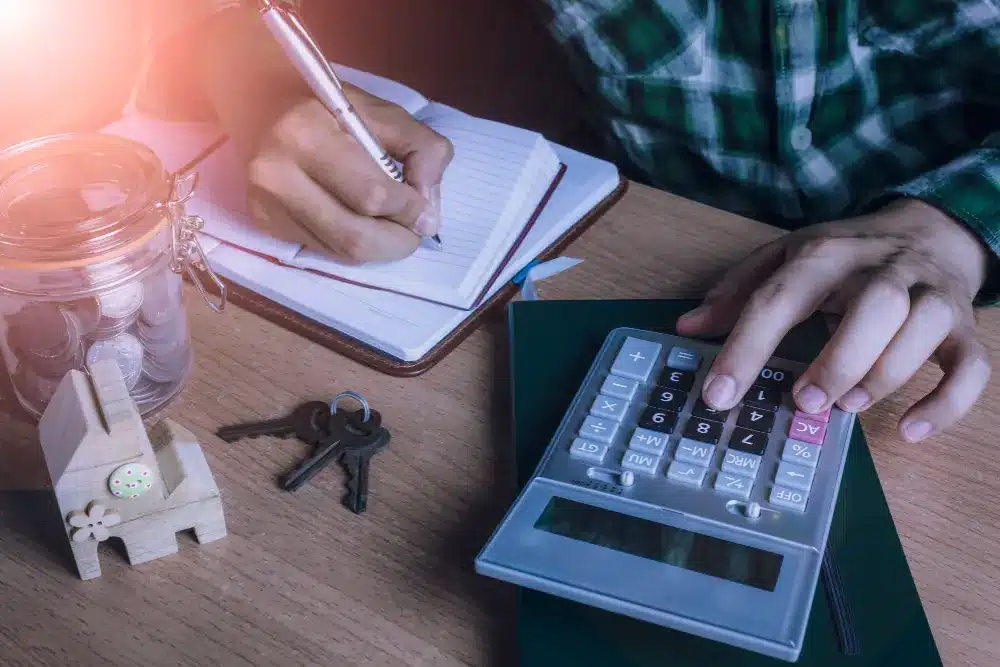Managing property is no small task. From keeping tenants happy to maintaining the property, the work can pile up. But there’s another big piece of the puzzle—financial management. Good accounting practices can make a huge difference for property managers. It can help you stay organized, save money, and even improve your bottom line. This guide will walk you through some best practices for handling property management finances.
Stay Organized from Day One
Organization is everything in accounting. It’s easy for things to get messy when you’re dealing with rent payments, repairs, maintenance costs, and more. But keeping things in order from the start will save you headaches down the road.
One of the easiest ways to stay organized is by keeping separate accounts for different properties. This way, you won’t mix up the finances of one building with another. It’s also a good idea to use property management software to track all your income and expenses. This will make it easy to see what’s coming in and going out, so you always know where you stand financially.

No More Resident Complaints.
Track Every Expense
Every penny counts when you’re managing a property. That’s why it’s so important to keep track of all your expenses. This includes everything from repairs and maintenance to landscaping and utilities. Don’t let small expenses slip through the cracks, as they can add up over time.
You’ll also want to categorize your expenses. For example, keep maintenance costs separate from utility bills. This will help you see where you’re spending the most money and where you might be able to cut back.
By staying on top of your expenses, you can better plan for the future and avoid surprises. It will also make tax time much easier since you’ll have everything organized and ready to go.
Budget for Repairs and Maintenance
Repairs and maintenance are a big part of property management. But they can also be a big hit to your budget if you’re not prepared. One of the best ways to avoid this is by setting aside money each month for repairs and maintenance. This way, when something needs fixing, you’ll have the funds ready.
Think about it like this: buildings age, and things will eventually break. Maybe the plumbing needs work, or the roof needs fixing. You don’t want to be caught off guard when these expenses come up. Planning ahead with a maintenance fund will make sure you’re always ready to handle any issue.
Plus, regular maintenance can actually save you money in the long run. By taking care of small problems right away, you can prevent them from turning into bigger, more expensive problems later.
Don’t Forget About Rent Collection
Rent collection is one of the most important parts of property management. After all, rent is your main source of income. But collecting rent isn’t always as easy as it sounds. Tenants can be late or even skip payments altogether.
To make things easier, consider using an online rent collection system. This not only makes it more convenient for tenants to pay their rent but also ensures that you get paid on time. You can set up automatic reminders for tenants, so they don’t forget to pay. And if a payment is late, you can address it right away.
One thing to remember: always have a clear rent collection policy in place. Tenants should know exactly when rent is due, how to pay, and what happens if they’re late. This will help prevent any confusion or disputes.
Work with a Reliable CPA
While it’s important to handle daily accounting tasks, working with a certified public accountant (CPA) is essential. A CPA can help you with the more complex parts of property management accounting, such as tax planning and financial reporting. They can also help you make sure that you’re staying compliant with all tax laws and regulations.
Even if you’re confident in your accounting skills, it’s always a good idea to have a professional on your side. They can offer advice and help you catch any mistakes before they become bigger problems.
Keep an Eye on Cash Flow
Cash flow is key to running a successful property management business. You need to know how much money is coming in and going out at all times. If your expenses are higher than your income, you could run into trouble. This is why keeping a close eye on your cash flow is so important.
One way to improve cash flow is by reducing vacancies. The longer a unit stays empty, the more money you lose. So, make sure you have a solid plan in place to fill vacancies quickly. You can also improve cash flow by cutting unnecessary expenses. For example, do you really need that premium cable package for the common area? Or could you switch to a less expensive service provider?
By keeping your expenses low and making sure your units are filled, you can improve your cash flow and ensure that your property management business stays profitable.
Prepare for Tax Season Early
Taxes can be a headache for any business, and property management is no different. That’s why it’s important to prepare for tax season early. The last thing you want is to be scrambling to get your financial records in order when tax time rolls around.
Throughout the year, keep track of all your income and expenses. This includes rent payments, repair costs, and any other financial transactions related to the property. By staying organized, you’ll make tax season much smoother.
You’ll also want to be aware of any tax deductions you may be eligible for. For example, you might be able to deduct the cost of repairs, maintenance, and property management software. Your CPA can help you identify all the deductions you’re entitled to, so you don’t miss out on any savings.
Protect Your Property with Insurance
Insurance is another important part of financial success in property management. Without the right coverage, you could be left on the hook for expensive repairs or legal costs. Make sure you have a good insurance policy that covers all your bases, from property damage to liability.
Don’t forget about pest control coverage. Pests can cause serious damage to your property, which can be costly to repair. By including pest control in your regular maintenance routine, you can avoid big bills down the road. Companies like Pest Share offer affordable pest control solutions that can save you money and keep your property in top shape.
Conclusion
Good financial management is the foundation of a successful property management business. By staying organized, tracking your expenses, and planning for the future, you can improve your bottom line and ensure long-term success. From budgeting for repairs to working with a CPA, every step you take toward better accounting practices will pay off in the long run. Plus, by staying on top of things like rent collection and pest control, you can keep your tenants happy and your property in great condition.






